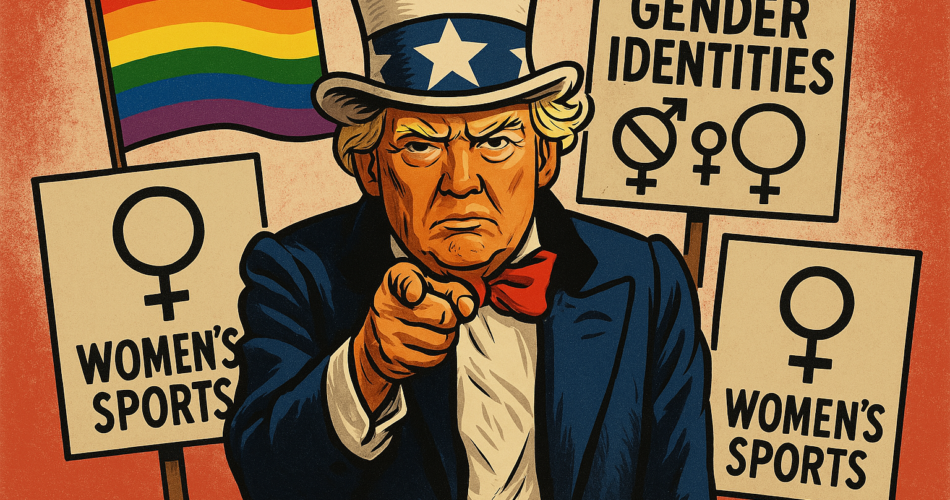As many of you must be aware, US President Donald Trump had earlier signed an executive order stating that there are only two sexes, male and female, effectively ending the use of gender-neutral markers on documents like passports. The same executive order also instructed agencies to stop funding gender-affirming care, especially for minors.
Similarly, he had signed another executive order preventing transgender women and girls from participating in women’s sports. Basically, all DEI (Diversity, Equity, Inclusion) initiatives that promote gender identities and ideologies are being eliminated. Some people are really upset with this. Let me make it clear: I am neither upset nor am I here to debate these issues.
What concerns me is the manner in which people view the concept of rights. Everybody claims rights, but few claim duties. We all want privileges, but again, we do not want any corresponding duty attached to our privileges. Similarly, we all want powers and immunities without any corresponding disabilities.
Again, it may sound trivial to many, as many of you must be viewing rights and privileges independently of duties. But is it really the case? Jurisprudentially speaking, it is not. To understand the nuance here, it would be apposite to look into the classic legal research paper by Hohfeld, popularly known as the theory of jural relations. Yeah, you heard it right: it’s jural relations, not feral relations. 😀
In his theory, Hohfeld coins two terms: jural opposites and jural correlatives.
| Jural Opposites | Rights | Privilege | Power | Immunity |
| No Rights | Duty | Disability | Liability | |
| Jural Correlatives | Right | Privilege | Powers | Immunity |
| Duty | No Right | Liability | Disability |
Though the research paper deals with many interesting issues, I will confine myself predominantly to rights and duties. Rather than attempting to strictly define rights and duties, Hohfeld’s genius lies in describing the relationship between the two. He argues that “when a right is invaded, a duty is violated.”
In law, we often say that your right ends where my nose begins. It is this delicate nature of the relationship between the two that Hohfeld tried to explore. I find the existence of this relationship to be a very pertinent aspect of what is happening today.
In the name of promoting rights, mindless absolutism is being resorted to. Can there ever be a right without a corresponding duty? Just think about it. If I have a right, it automatically means that somebody must be obliged to respect my right. Otherwise, the whole point of having a right becomes quite obsolete. Similarly, if I have a duty to do something for someone, it means that someone has some kind of privilege or right to expect that something be done by me.
Regarding the actions of US President Trump, what he has essentially done is hit the DEI movement where it hurts the most, i.e., taking away the jurisprudential basis of DEI arguments about the existence of rights in favor of certain people. By refusing to acknowledge any sexes other than male and female, he has ensured that there would be no corresponding duty or right attached to them. Similarly, denying the right of transgender individuals to participate in women’s sports automatically removes the duty to allow such players in women’s sports.
It is high time that we stop thinking about our actions in isolation and pretending that everything we want to do is our right. Such an approach is unsustainable. Do not think about rights or duties, for they are legal constructs, nothing more. Just think about what you can do and how you can achieve your goals. Your rights and duties will automatically align with your goals.
In this world of shallow understanding, please do not fall for absolutist traps where the nuance of rights and duties as purely jural relations is ignored. Law is a ‘fiction,’ and anything emanating from ‘law’ is a ‘fiction’ too. Live your life productively and do not worry about rights or liabilities/duties.

